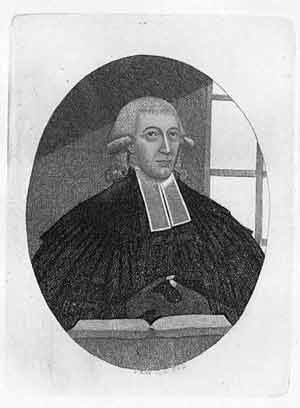Annotation:Lady Mary Ann Carnegie's Favourite: Difference between revisions
No edit summary |
No edit summary |
||
| Line 2: | Line 2: | ||
---- | ---- | ||
<p><font face="garamond, serif" size="4"> | <p><font face="garamond, serif" size="4"> | ||
'''LADY MARY ANN CARNEGIE'S FAVOURITE.''' Scottish, Strathspey. D Major. Standard tuning (fiddle). AABBCCDD'. The melody first appears in Edinburgh musician [[biography:Daniel McLaren]]'s '''A Collection of Strathspey, Reels &c.''' (1794). One Lady Mary Ann Carnegie (there are others by that name) was the daughter of the Sixth Earl of Northesk. She was the second wife of the Rev. John Kemp DD., of the Tolbooth Church, | '''LADY MARY ANN CARNEGIE'S FAVOURITE.''' Scottish, Strathspey. D Major. Standard tuning (fiddle). AABBCCDD'. The melody first appears in Edinburgh musician [[biography:Daniel McLaren]]'s '''A Collection of Strathspey, Reels &c.''' (1794). One Lady Mary Ann Carnegie (there are others by that name) was the youngest daughter of the Sixth Earl of Northesk. She was the second wife of the Rev. John Kemp DD., of the Tolbooth Church, whom she married in June, 1797. Tragically, she only survived a little more that a year after her wedding and died in Augutst, 1798 (Kemp remarried a third time the following year, to Lady Elizabeth Hope, daughter of John, second Earl of Hopetoun; she, too, died only two years after the wedding). An effective clergyman, he was also something of a rake, and was accused by Sir James Colquhoun, Sherrif-Depute of Dumbartonshire, of having had a affair with his wife, Lady Colquhoun. The scandal was heightened by the fact that Kemp's son (by the first Mrs. Kemp--who managed to survive marriage to Kemp for sixteen years--, and a cloth manufacturer) married Sir James's daughter, leading to attacks in print:[[File:johnkemp.jpg|300px|thumb|right|Rev. John Kemp DD, by Johnb Kay]] | ||
<blockquote> | <blockquote> | ||
''To a weaver's arms consigns the high born Miss;''<br> | ''To a weaver's arms consigns the high born Miss;''<br> | ||
Revision as of 00:06, 24 April 2016
Back to Lady Mary Ann Carnegie's Favourite
LADY MARY ANN CARNEGIE'S FAVOURITE. Scottish, Strathspey. D Major. Standard tuning (fiddle). AABBCCDD'. The melody first appears in Edinburgh musician biography:Daniel McLaren's A Collection of Strathspey, Reels &c. (1794). One Lady Mary Ann Carnegie (there are others by that name) was the youngest daughter of the Sixth Earl of Northesk. She was the second wife of the Rev. John Kemp DD., of the Tolbooth Church, whom she married in June, 1797. Tragically, she only survived a little more that a year after her wedding and died in Augutst, 1798 (Kemp remarried a third time the following year, to Lady Elizabeth Hope, daughter of John, second Earl of Hopetoun; she, too, died only two years after the wedding). An effective clergyman, he was also something of a rake, and was accused by Sir James Colquhoun, Sherrif-Depute of Dumbartonshire, of having had a affair with his wife, Lady Colquhoun. The scandal was heightened by the fact that Kemp's son (by the first Mrs. Kemp--who managed to survive marriage to Kemp for sixteen years--, and a cloth manufacturer) married Sir James's daughter, leading to attacks in print:

To a weaver's arms consigns the high born Miss;
Then greets the mother with a holy kiss.
The matter was taken to court but remained unsettled at the time of death of both principals in 1805.
Source for notated version:
Printed sources:
Recorded sources:
